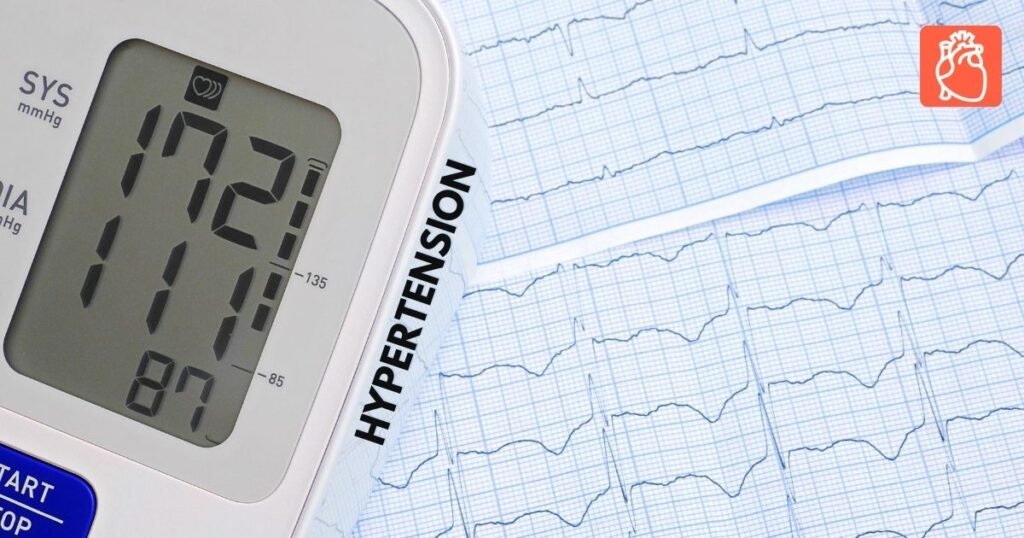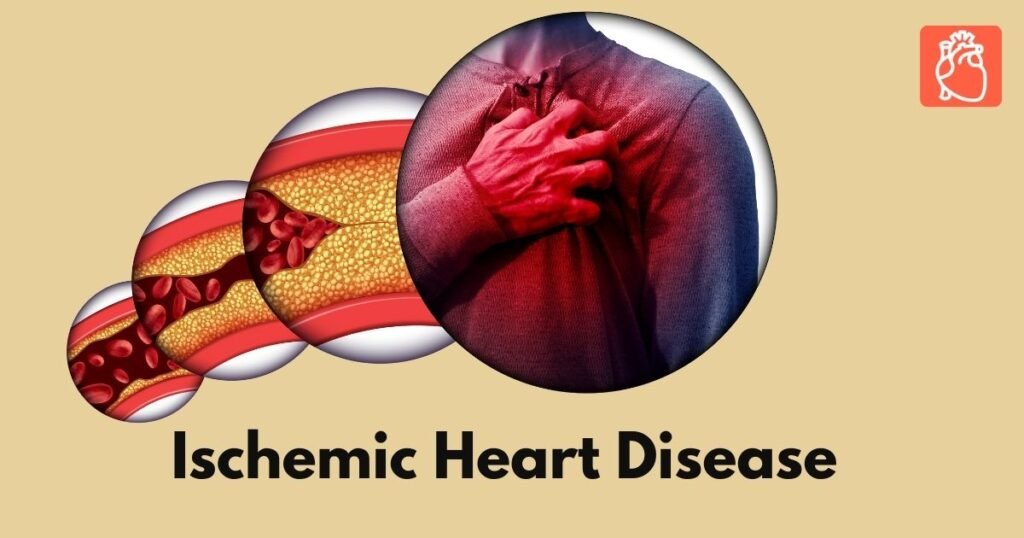Hypertension, commonly known as high blood pressure, is one of the most widespread health conditions globally. According to the World Health Organization (WHO), an estimated 1.28 billion adults worldwide suffer from hypertension, and nearly half are unaware of their condition [WHO, 2023]. It often goes unnoticed because it rarely causes obvious symptoms in its early stages. That’s why it is nicknamed the “silent killer.”
Understanding Blood Pressure
Normal vs. High Blood Pressure
Blood pressure is the force of blood pushing against the walls of your arteries. A normal reading is around 120/80 mmHg. Anything consistently above 130/80 mmHg is considered hypertension.
Systolic and Diastolic Pressure Explained
- Systolic pressure (top number): Pressure when the heart contracts.
- Diastolic pressure (bottom number): Pressure when the heart relaxes.
Both numbers matter. High readings in either can be harmful.
Types of Hypertension
Primary (Essential) Hypertension
This is the most common type, developing gradually over years without a clear cause.
Secondary Hypertension
Caused by underlying conditions like kidney disease, thyroid problems, or certain medications. It often appears suddenly.
Causes of Hypertension
- Genetic Factors: Family history plays a strong role.
- Unhealthy Lifestyle Choices: High salt intake, sedentary life, smoking, and alcohol.
- Medical Conditions: Diabetes, kidney disease, and hormonal disorders.
Risk Factors
- Age and Gender: Risk increases with age, and men are more prone until women reach menopause.
- Family History: If your parents had high BP, your chances rise.
- Obesity: Extra weight forces the heart to pump harder.
- Smoking and Alcohol: Both damage arteries and raise blood pressure.
Symptoms of Hypertension
Early Signs (Often Overlooked):
- Mild headaches
- Dizziness
- Nosebleeds
Severe Symptoms in Later Stages:
- Chest pain
- Vision problems
- Shortness of breath
Complications of Hypertension
- Heart Disease: Increases risk of heart attacks and heart failure.
- Stroke: Weakens blood vessels in the brain.
- Kidney Damage: Strains the kidneys, leading to chronic disease.
- Vision Problems: Damages blood vessels in the eyes (hypertensive retinopathy).
Diagnosis of Hypertension
Doctors measure blood pressure using a cuff (sphygmomanometer). Multiple readings on different days confirm the diagnosis. Regular checkups are vital since early detection can save lives.
Treatment Options
Lifestyle Modifications:
- Eating healthy
- Regular exercise
- Weight control
Medications:
Doctors may prescribe diuretics, beta-blockers, ACE inhibitors, or calcium channel blockers depending on the severity.
Monitoring Progress:
Home BP monitors are helpful to keep track of daily readings.
Lifestyle Changes to Control Hypertension
- Healthy Diet (DASH Diet): Rich in fruits, vegetables, whole grains, and low-fat dairy.
- Regular Exercise: At least 30 minutes of walking, swimming, or cycling daily.
- Stress Management: Yoga, meditation, or even deep breathing exercises.
- Limiting Salt and Alcohol: Reducing sodium intake drastically lowers BP.
Natural Remedies for Hypertension
- Herbal Support: Garlic, hibiscus tea, and flaxseed may support healthy BP.
- Mind-Body Practices: Yoga, tai chi, and meditation lower stress and BP.
Prevention of Hypertension
Start early—eat balanced meals, exercise, avoid smoking, and get regular checkups. Prevention is always better than cure.
Hypertension in Special Populations
In Pregnancy:
Gestational hypertension can pose risks to both mother and baby. Regular monitoring is crucial.
In Children and Teens:
Rising due to obesity and poor diets. Early lifestyle changes can help.
Myths and Misconceptions about Hypertension
- “Only Old People Get Hypertension”: False—young adults and even teens can have it.
- “If You Feel Fine, Your BP is Normal”: Wrong—high BP can be symptomless.
Conclusion
Hypertension may not make noise, but the damage it causes can be devastating. The good news is—it’s preventable and manageable. By adopting a healthy lifestyle, staying active, and monitoring blood pressure regularly, you can take control of your health before hypertension takes control of you.
FAQs
1. Can hypertension be cured completely?
No, but it can be effectively managed with lifestyle changes and medication.
2. How often should I check my blood pressure?
At least once a year if normal, and more frequently if you have risk factors.
3. Does stress directly cause high blood pressure?
Stress doesn’t always cause long-term hypertension, but frequent stress spikes BP temporarily.
4. Is coffee bad for hypertension?
Caffeine may cause a short-term spike, but effects vary among individuals.
5. Can exercise lower blood pressure naturally?
Yes, regular physical activity strengthens the heart and lowers BP levels.


